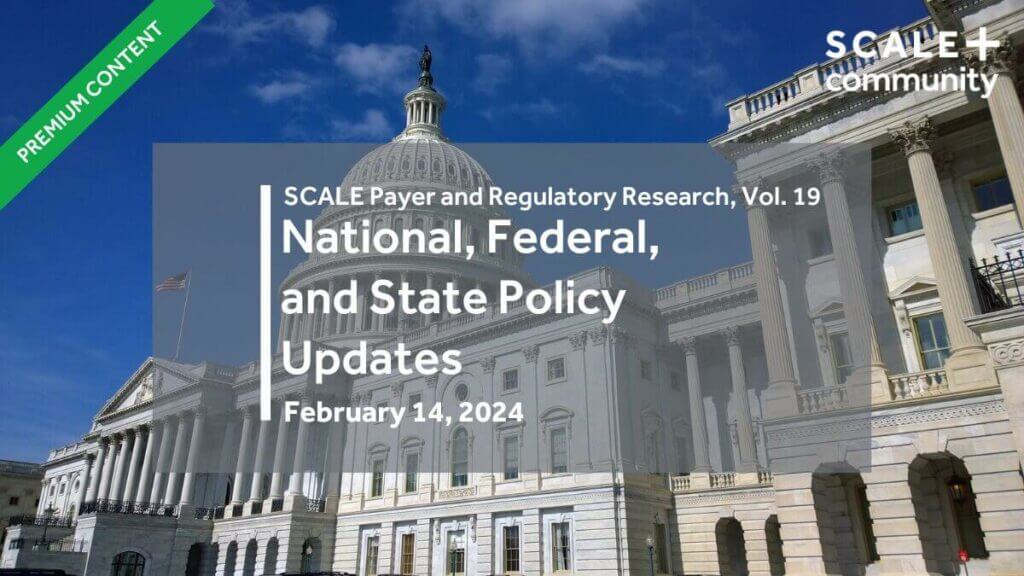- Membership
- Insights
- Experience
- About SCALE Community
- Data
- Featured Content
Featured Content
Clinical Specialties
- SCALE Consulting
- Advocacy
- Membership
- Insights
- Experience
- About SCALE Community
- Data
- Featured Content
Featured Content
Clinical Specialties
- SCALE Consulting
- Advocacy
Menu

